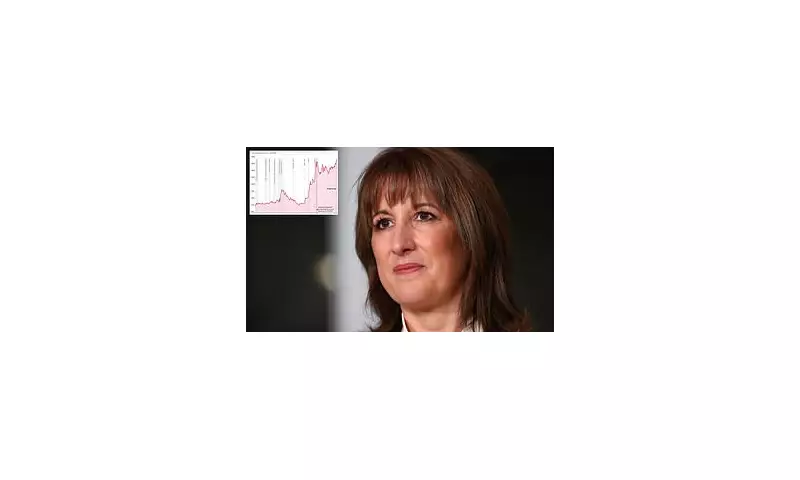
Chancellor Rachel Reeves has overseen the highest tax burden in more than three centuries of British history, with the tax-to-GDP ratio projected to reach a record 38.3% by 2030/31.
The sobering forecast from the Office for Budget Responsibility (OBR) comes after Ms Reeves unveiled her second Budget, featuring two dozen new tax rises that will raise an additional £30 billion annually.
Unprecedented Tax Rises
In just under 17 months at 11 Downing Street, Britain's first female Chancellor has announced tax increases totalling £71.5 billion across two fiscal events. Her latest Budget alone introduced 24 new taxes or rises, following £41.5 billion in tax hikes announced in October 2024.
According to the TaxPayers' Alliance, Ms Reeves has now overseen a total of 52 new taxes or increases during her 509 days in office - equivalent to a tax rise every 10 days since Labour came to power in July 2024.
The Institute for Fiscal Studies confirmed that if an election were held tomorrow, the overall tax rises announced by Ms Reeves would exceed those in any parliament since at least 1970.
The Stealth Raid Continues
One of the most significant revenue measures was the decision to extend the freeze on personal tax thresholds for another three years beyond 2028. This means the income tax personal allowance remains at £12,750 until 2030-31, while higher and additional rate thresholds stay frozen at £50,270 and £125,140 respectively.
The OBR estimates this threshold freeze will raise approximately £8 billion annually and have dramatic consequences for millions of taxpayers. Between 2022-23 and 2030-31:
- 5.2 million more people will be paying income tax
- 4.8 million additional taxpayers will move to the higher 40p rate
- 600,000 more people will pay the additional 45p rate
Expert Reactions and Warnings
IFS director Helen Miller stated that extending the threshold freeze 'clearly represents a tax rise on working people' and breaches the government's manifesto promise not to increase National Insurance.
John O'Connell, chief executive of the TaxPayers' Alliance, warned: 'The Chancellor's Budget benefits bonanza will be paid for by hard working taxpayers through their incomes, pensions, property, savings and beyond.'
The Budget process itself faced controversy after the OBR admitted responsibility for a humiliating pre-announcement leak of Ms Reeves' measures.
With borrowing set to increase in the short term and promised spending restraint delayed until just before the next election, many experts are treating the government's long-term fiscal plans with what the IFS called 'a healthy dose of scepticism.'





